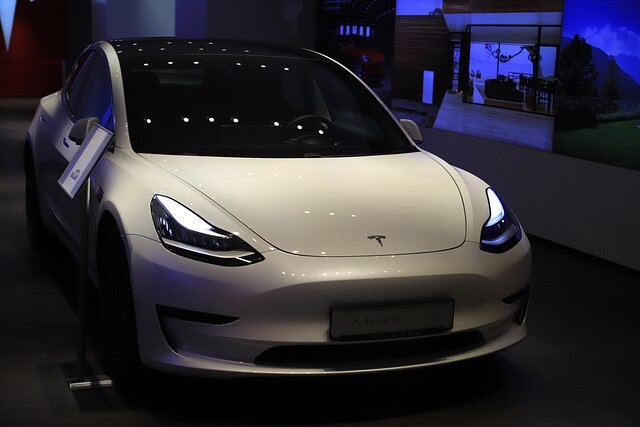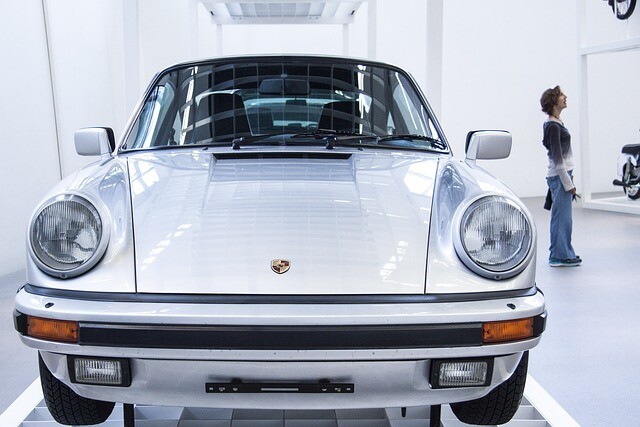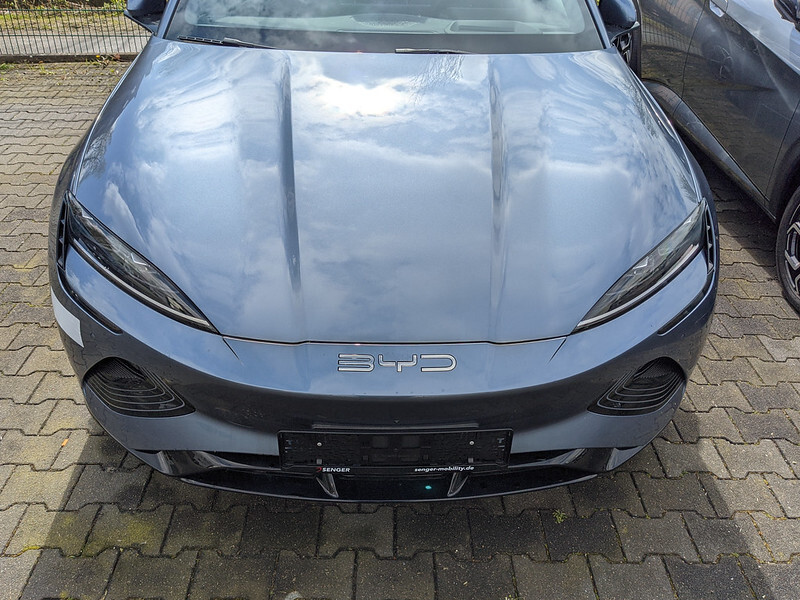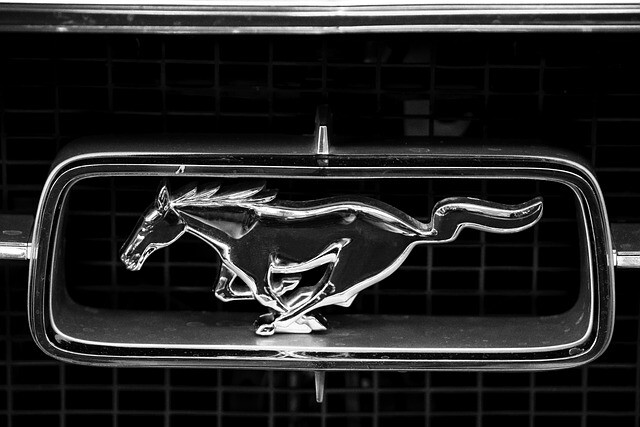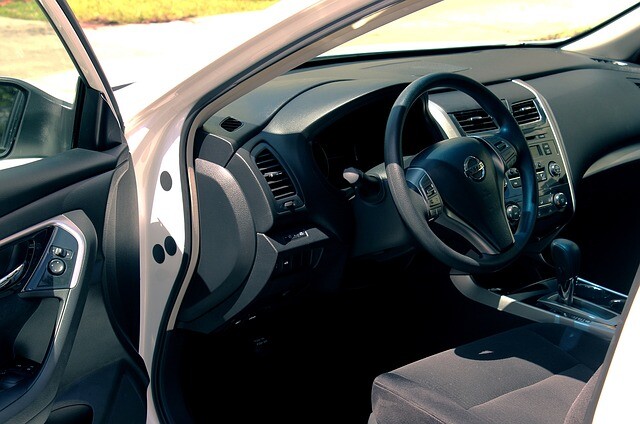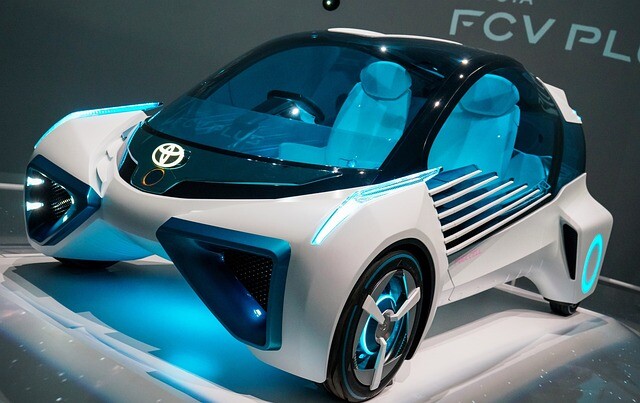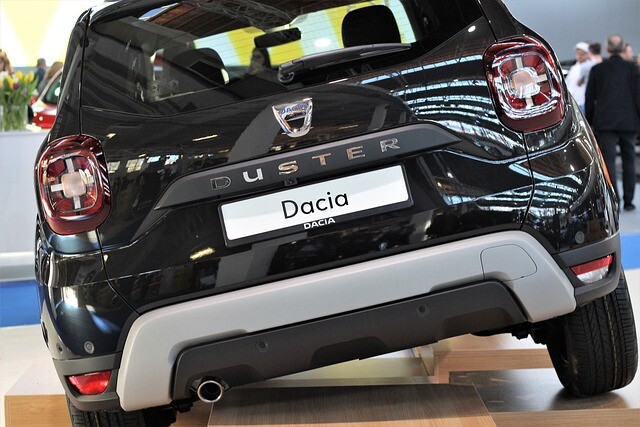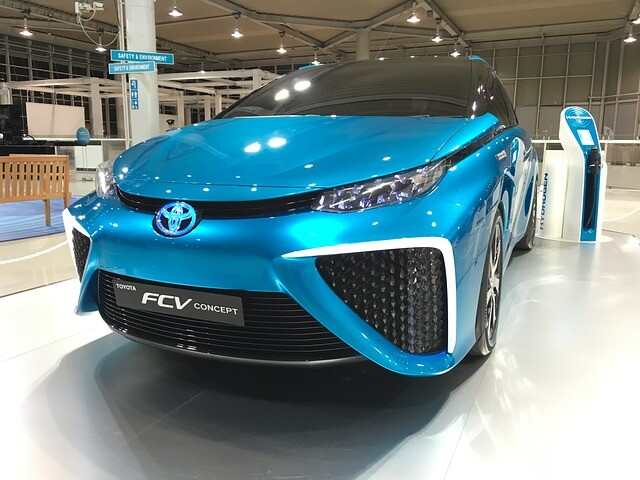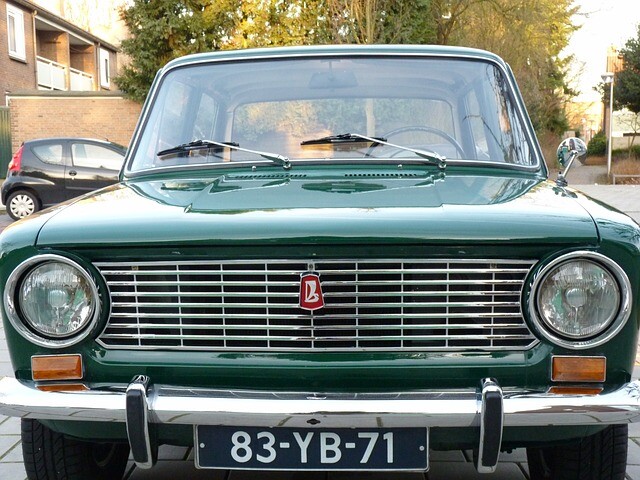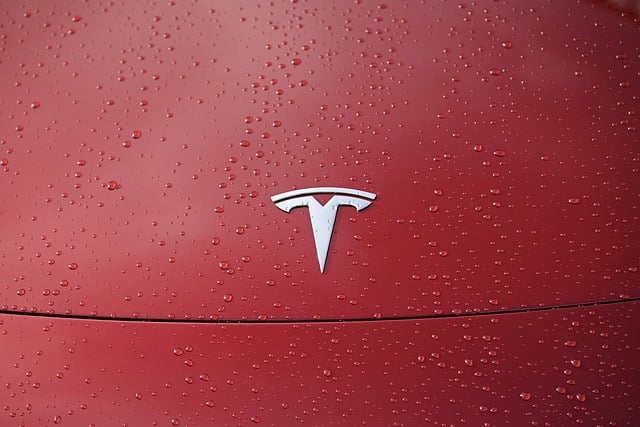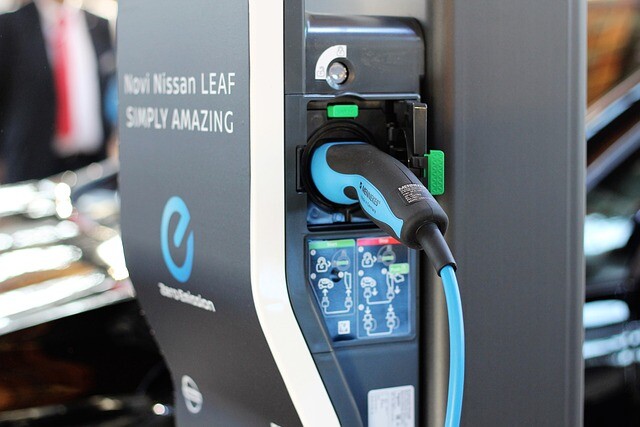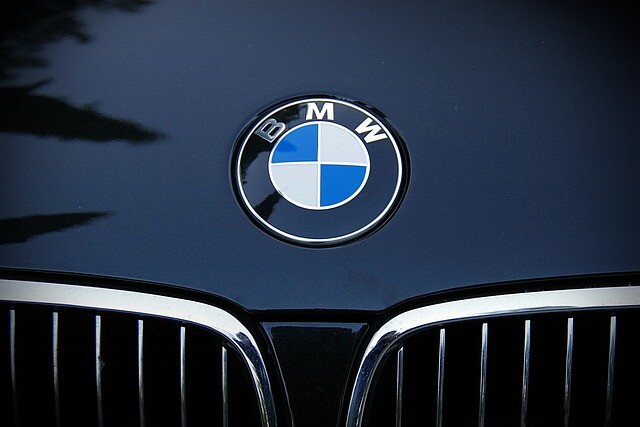This would protect against drunk driving
Under a bill now put to the vote, all cars in the future should be equipped with alcohol probe immobilizers in the United States. Other tightenings are also planned.
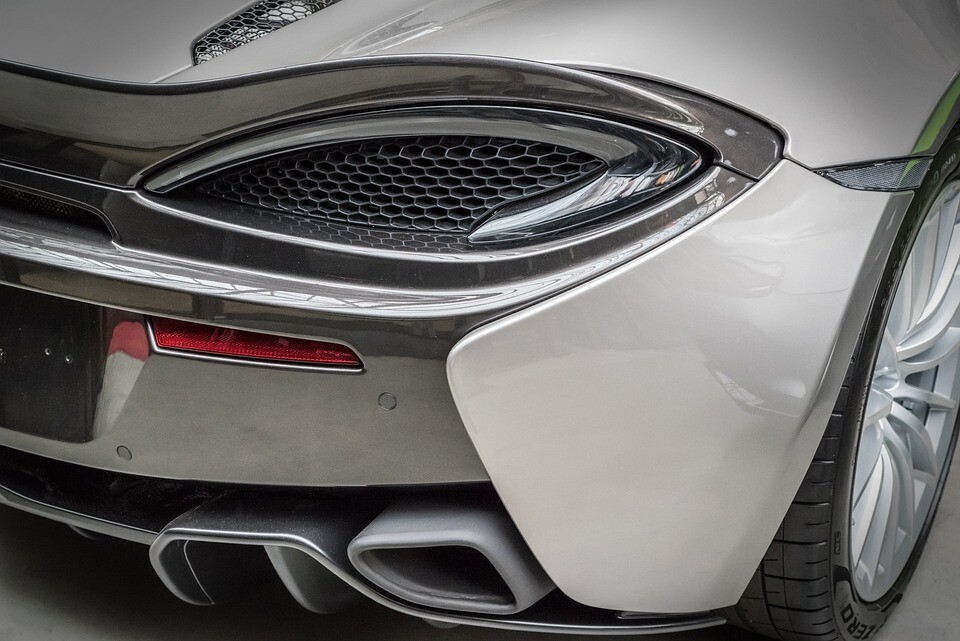
NGOs fighting drunk driving cite the 2702-page bill as the most important traffic regulation of all time, which would make it mandatory, among other things, to incorporate technology that recognizes drunk drivers and blocks the start of a vehicle in every car.
(Source: vezess.hu / photo: pixabay.com)
Tesla is a popular brand, but has the shopping spree stopped now?
Porsche is preparing a holiday edition.
BYD is constantly developing.
The player protection website of LVC Diamond Kft., which operates Las Vegas Casinos and the Vegas.hu online gambling and sports betting platform, has been renewed, ezcsakjatek.hu. Visitors to the site can now test themselves to see if gambling is really just a game for them.
For a "little" extra, they mix any color.
It will be especially important in the case of vehicles transporting food.
The Ford that stands out in Jurassic Park has become a cult.
Safe driving is the goal.
And there's still half a year left.
The Toyota Mirai hybrid car is the official vehicle of the Olympics, except it's not so green.
Tastes and slaps.
This is not the first time it has been postponed.
Not only did they want to prove themselves with their car, the main goal was to raise awareness.
The Kangoo achieved a high sales figure.
The estimated price is not known either. Who knows how much they will pay for the car.
BMW's video can touch you not only because the holiday is approaching.
Explore
The "reward" of a 26-year-old young man became a 21-month lockout.
The court of Dunakeszi ultimately granted them 275 thousand forints, which covers the car repair costs, but the cost of the law was also paid by the family of Ágnes, which, together with the lawyers' fees, sprang for half a million forints.
However, if someone can not open the doors from the inside because the battery in the key / remote control is empty, ie the encoder does not work, it can get off because if the ignition is switched on, the doors can then be opened.
This resource delivers a peak of 200 horsepower at 6000 rpm, and 290 Nm maximum torque at 2500 rpm.
Only 25 copies of the Yenko / SC Stage II Corvette will be made and the ZR1 Corvette owners will have to pay about $ 69,000 ($ 19.3 million) for the tuning.
Explore
The "reward" of a 26-year-old young man became a 21-month lockout.
The court of Dunakeszi ultimately granted them 275 thousand forints, which covers the car repair costs, but the cost of the law was also paid by the family of Ágnes, which, together with the lawyers' fees, sprang for half a million forints.
However, if someone can not open the doors from the inside because the battery in the key / remote control is empty, ie the encoder does not work, it can get off because if the ignition is switched on, the doors can then be opened.
This resource delivers a peak of 200 horsepower at 6000 rpm, and 290 Nm maximum torque at 2500 rpm.
Only 25 copies of the Yenko / SC Stage II Corvette will be made and the ZR1 Corvette owners will have to pay about $ 69,000 ($ 19.3 million) for the tuning.

